Subsidence is a creeping catastrophe.
Subsidence is a creeping catastrophe.
It has cost the UK insurance industry more than 8 billion euros ($12.3 billion) over the years, and it is likely to get worse. This warning comes from Anselm Smolka, head of geological and geophysical risks in Munich Re’s GeoRisks Research Unit.
Dr Smolka says that global warming and its regional characteristics, with warmer, drier summers expected in mid-latitudes, will “no doubt further aggravate the problem.” Why hot summers can have serious consequences, he writes in
Munich Re’s Schadenspiegel special issue on the “Risk Factor of Earth”, is because one of the chemicals that clay contains can increase its volume ten fold as it absorbs water when the weather is wet. When the ground dries, the soil shrinks and sinks.
The problem is not unique to England. Claims for subsidence also account for a substantial proportion of the annual claims on the French natural catastrophe pool. Dr Smolka explains that foundations and cellars reduce the risk. Despite similar geological conditions, in northern Germany where houses are usually built with cellars, subsidence damage rarely occurs.





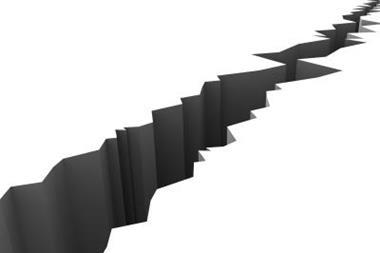
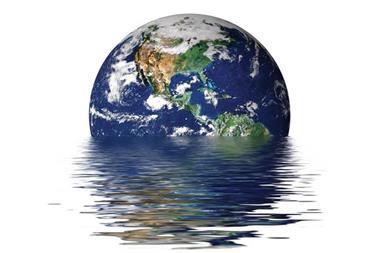
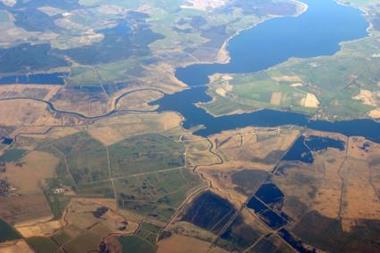
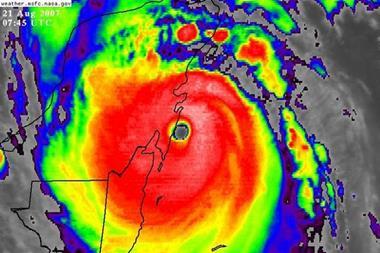
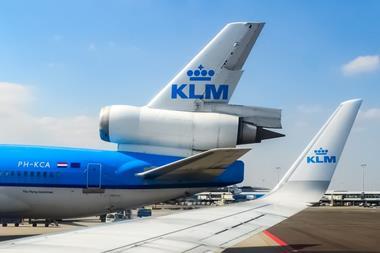









No comments yet